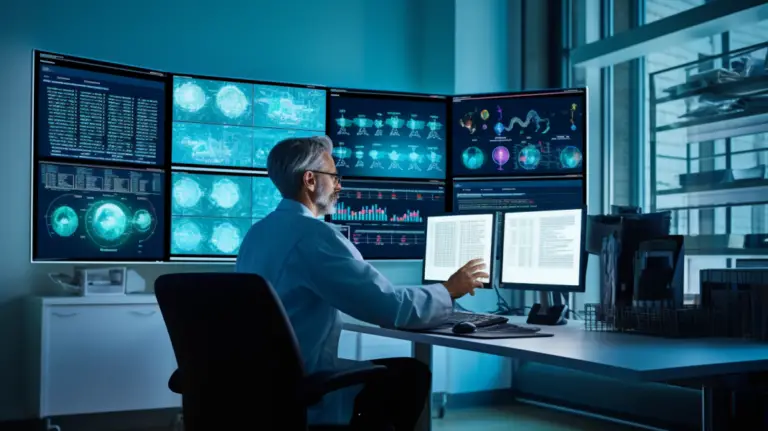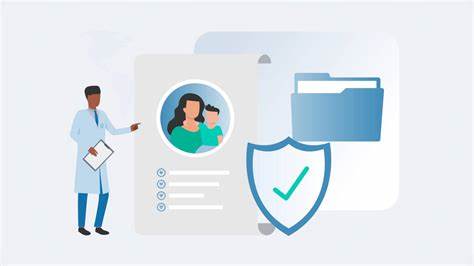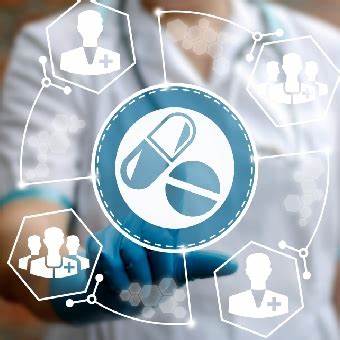Precision Medicine in Clinical Research: Tailoring Treatments
Precision medicine is a groundbreaking approach in clinical research, focusing on tailoring treatments to individual patients based on their unique genetic, environmental, and lifestyle profiles. Key Principles of Precision Medicine 1. Genomic analysis: Using genetic information to identify specific biomarkers and mutations. 2. Personalized treatment: Tailoring therapies to individual patients based on their unique profiles. […]
Epidemiology in Clinical Research: Understanding Disease Patterns
Epidemiology plays a crucial role in clinical research, providing valuable insights into disease patterns, risk factors, and treatment outcomes. Here’s an overview: What is Epidemiology? Epidemiology is the study of the distribution and determinants of health-related events, diseases, or health-related characteristics among populations. Key Concepts in Epidemiology 1. Incidence: The number of new cases of […]
Building effective pharmacovigilance metrics for career performance evaluation
Building effective pharmacovigilance metrics for career performance evaluation is crucial to assess individual and team performance, identify areas for improvement, and make informed decisions. Here are some key metrics to consider: Individual Performance Metrics 1. Case processing metrics: – Number of cases processed within a specific timeframe – Quality of case processing (e.g., accuracy, completeness) […]
Data Anonymization and De-identification: Protecting Patient Privacy
Data Anonymization Data anonymization is the process of removing or masking personal identifiable information (PII) from datasets, making it impossible to link the data to an individual. Methods of Anonymization 1. Masking: Replacing sensitive data with fictional data. 2. Perturbation: Adding noise to the data to make it less precise. 3. Generalization: Replacing specific data […]
Biostatistics in Clinical Research: Analyzing Trial Data
Biostatistics plays a crucial role in clinical research by providing the framework for designing studies, analyzing data, and interpreting results to draw meaningful conclusions. Here’s an overview of key concepts related to biostatistics in clinical research: 1. Study Design 2. Data Collection 3. Statistical Methods 4. Key Concepts 5. Data Interpretation 6. Special Techniques in […]
Lessons learned from handling regulatory inspections in pharmacovigilance
Handling regulatory inspections in pharmacovigilance can be challenging, but organizations can gain valuable insights to improve their processes. Here are key lessons learned from successful inspection experiences: 1. Preparation is Key 2. Robust Documentation 3. Staff Training and Awareness 4. Effective Communication 5. Data Integrity and Systems Management 6. Corrective and Preventive Actions (CAPA) 7. […]






